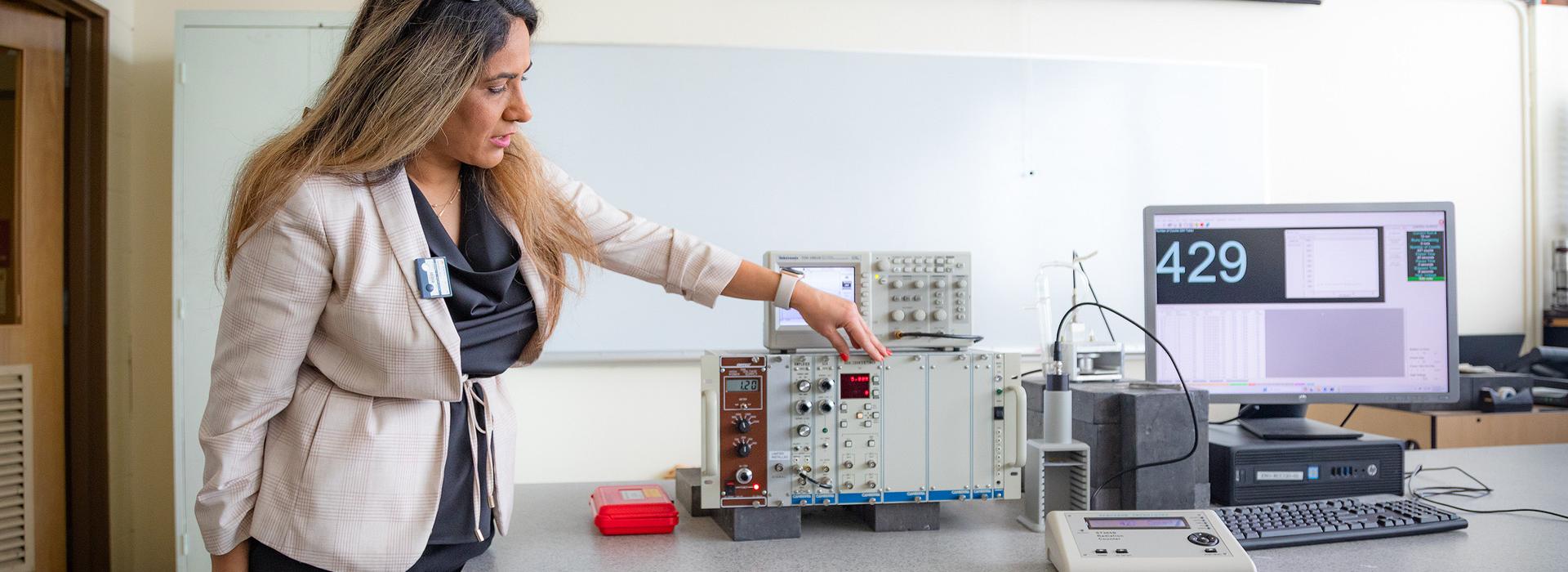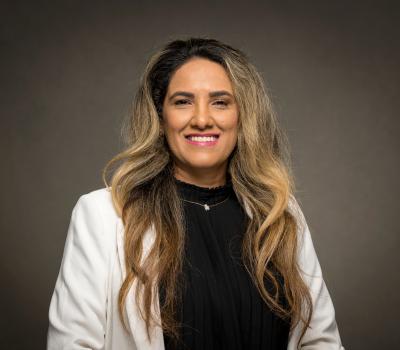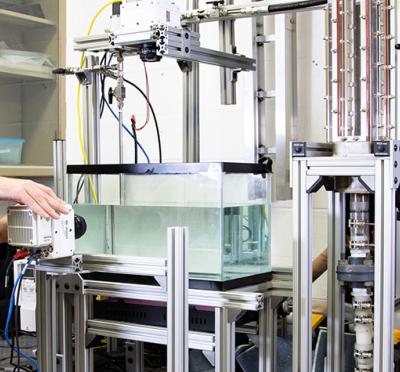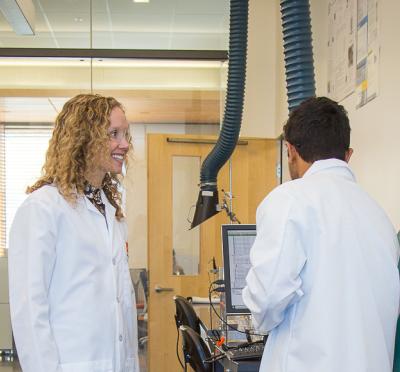Oregon State University’s Master of Radiation Health Physics degree program is the largest in the country, and the reasons for its success are clear.
“Our instructors are internationally recognized experts in their fields,” said Lily Ranjbar, director of online programs at the School of Nuclear Science and Engineering. “Some are affiliated with prestigious national laboratories. Others are responsible for shaping policies and driving innovation in the public and private sectors, and all of them are deeply committed to student learning and success.”
The Impact of Radiation Health Physicists
Radiation health physicists play a critical role in promoting the safe and responsible use of radiation technologies while minimizing health risks to individuals and the environment. Their interdisciplinary expertise bridges the gap between scientific knowledge and practical applications, ensuring that radiation-related activities are conducted in a manner that prioritizes safety and well-being. Health physicists work in various industries, including health care, nuclear power generation, research laboratories, and environmental monitoring.
If you meet a recently graduated radiation health physicist, there’s a good chance they studied at Oregon State. Over the 2021 and 2022 academic years, 59 students earned master’s degrees through the program, most through the school’s online option. That represents nearly half of all master’s degrees in the field issued in the U.S. over the same period, according to data from the Oak Ridge Instuitute for Science and Education. As of Winter 2024, 112 students were enrolled in Oregon State’s online program.
The online and on-campus programs are practically identical, with the same curriculum taught and the same diplomas issued to both cohorts.
Radiation Health Physics Online Curriculum
One unique feature sets Oregon State’s online curriculum apart from all others: its advanced virtual radiation detection and measurement laboratory. The fully immersive lab combines three- dimensional simulation packages, graphics, animation, and sound to replicate a physical laboratory in which students exercise complete control over a range of equipment and tests. They can also change experimental setups, collect data, and update experiments, all in real time.
“To our knowledge, it’s the only one of its kind for graduate studies in the nation, and it functions very similarly to a physical lab in a real nuclear science and engineering facility,” Ranjbar said. “Students can access the virtual lab from anywhere they have an internet connection.”
Recent upgrades allow students to work together on lab experiments, just as they would in a physical lab.
The introduction of the virtual lab has had a profound impact on the online program and its students. Before the lab was deployed, online students had to visit the Corvallis campus for one week during the summer to complete their laboratory requirements. That’s all in the past, and the program is now 100% online.
“The virtual lab removes all barriers for students who would have to take time off work, leave their families, and pay for travel and accommodations in Corvallis to meet their degree requirements,” Ranjbar said. “And international students can now enroll in our program without even traveling to the United States,” Ranjbar said.
A Program Committed to Diversity, Equity, and Inclusion
The program is also committed to diversity, equity, and inclusion. In 2024, for example, 33% of students were women and 26% were people of color. Ages ranged from 24 to 61, with a median age of 35. Four countries and 30 U.S. states are represented by students enrolled in the program.
“Diversity is always a strength in education,” Ranjbar said. “It exposes students to a range of experiences and perspectives that help them expand their horizons and prepare for their careers.”
She also emphasized the high demand for radiation health physicists.
“We’re contacted frequently by people from industry and government who are interested in recruiting our students,” she said. “We have a solid reputation among potential employers, and that means our students are in a strong position to pursue fulfilling and rewarding careers.”




